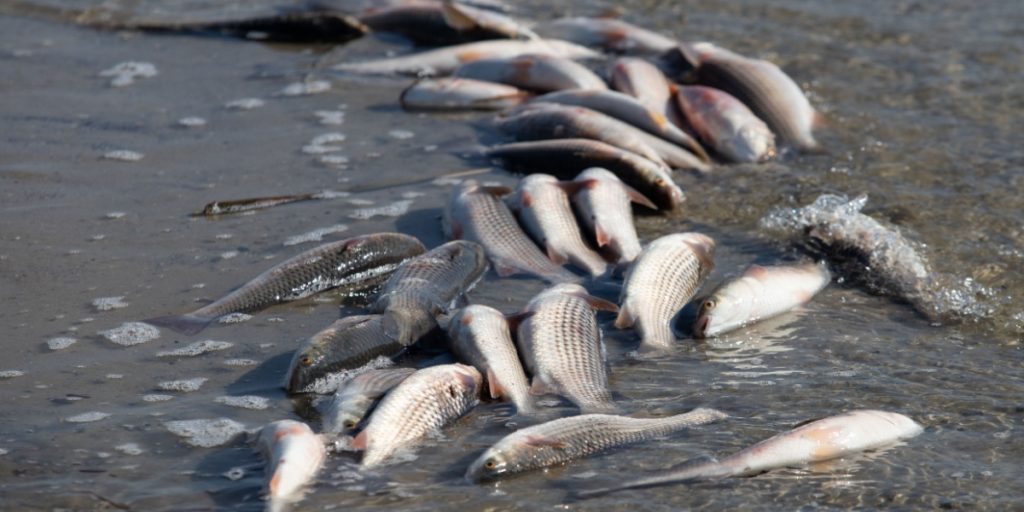The Greek port city of Volos is facing a severe environmental crisis as tons of dead fish wash up on its shores.
Others are reading now
The port city of Volos in central Greece is grappling with a shocking environmental disaster as masses of dead fish continue to wash up on its beaches.
On Tuesday alone, authorities removed 57 tons of dead fish from the shores near the city, and the cleanup efforts continued into Wednesday.
According to Kurier, this is the second major environmental catastrophe to hit Volos in recent times, following last year’s devastating floods in the Thessaly region.
The Source of the Disaster
Experts have traced the origin of the dead fish to a nearby lake that was drained in 1962 to combat malaria.
Also read
Last year, the lake swelled to three times its usual size due to severe flooding caused by storms Daniel and Elias. This flooding affected around 20,000 hectares of lowland in Thessaly, carrying freshwater fish from the rivers into the sea.
“After the storms last autumn, various freshwater fish were carried from rivers to the sea,” explained Dimitris Klaudatos, a professor of environmental and agricultural science at the University of Thessaly.
The fish ended up in the port of Volos, which flows into the Pagasetic Gulf and the Aegean Sea. Unable to survive in the salty seawater, the freshwater fish died, leading to the current situation.
Impact on Tourism
The situation has sparked deep concerns among local business owners, particularly in the tourism sector.
“The situation with this dead fish will be our death,” lamented Stefanos Stefanou, president of the local association of bars and restaurants.
Stefanou fears that the presence of dead fish on the beaches will further deter tourists, compounding the losses already experienced after last year’s floods.
According to his association, tourism in the area has already plummeted by 80 percent since the floods, and this new crisis could drive away even more visitors.


